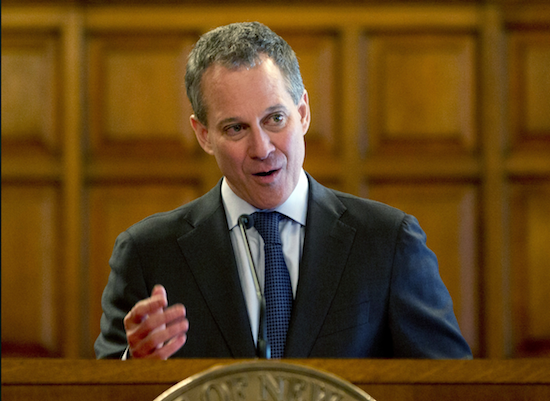Masonry contractor failed to pay legal wages at B’klyn Project, must pay $575K

Schneiderman.png
The investigation into a contractor at a taxpayer-funded affordable housing project in Brooklyn has come to an end, and the contractor must pay back wages.
New York State Attorney General Eric T. Schneiderman announced the resolution of an investigation into Masonry Services, Inc. (“MSI”) and its owners, James S. Herrera and Jaime T. Herrera, for underpaying masonry workers on the St. Marks Project. Developed under the New York City Department of Housing Preservation and Development (HPD), the St. Marks Project is a publicly funded affordable housing facility for seniors in Brownsville.
The agreement with the Attorney General’s Office requires MSI to pay back wages totaling $575,000 as well as $25,000 in costs.